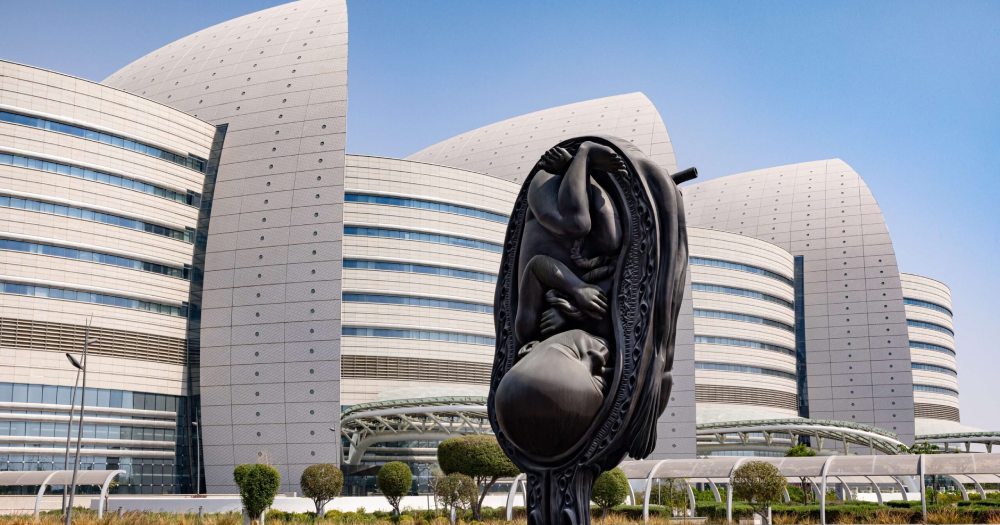Sidra Medicine taps BeginNGS to bring genome-based newborn screening to Qatar

Qatar is stepping onto the world stage of precision medicine. Sidra Medicine, part of Qatar Foundation, has struck a partnership with Rady Children's Institute for Genomic Medicine (RCIGM) to bring the BeginNGS program to Doha. This isn't just another research tie-up — it marks Sidra as the first international member of the BeginNGS Consortium. The goal? To catch genetic diseases in newborns before symptoms show up, giving children the best possible start in life.
As Prof. Khalid Fakhro, Chief Research Officer at Sidra Medicine, put it: "Through this partnership, we will develop screening algorithms tailored to our population and shorten the path from diagnosis to intervention by picking up conditions as early as possible."
How does it work?
BeginNGS — pronounced "beginnings" — is a genome-based newborn screening program. Instead of waiting for visible symptoms, it looks directly into a baby's DNA to find risks of hundreds of severe but treatable childhood diseases.
- Today, the program screens for 511 genetic conditions at hospitals in the United States.
- By 2030, the vision is to cover 1,000 diseases in 10 countries.
- The process doesn't just spot risk — it links it to effective therapies, enabling interventions before illness takes hold.
Dr. Stephen Kingsmore, President & CEO of RCIGM, captured its ambition: "Expanding internationally is critical for our understanding of the incidence of rare diseases across different geographies and to identify appropriate, available treatments at or before the onset of symptoms."
Why does it matter?
For families, this could mean the end of what doctors call the "diagnostic odyssey" — years of uncertainty, countless hospital visits, and missed chances at treatment. In fact, children with genetic disorders often wait up to five years for a confirmed diagnosis.
Dr. Ammira Akil, who leads the NOOR-QATAR initiative at Sidra, didn't mince words: "Families often face a diagnostic odyssey for childhood genetic diseases, with children waiting an average five years for a confirmed diagnosis. The BeginNGS Consortium... [has] the potential to save lives by identifying rare diseases and assessing polygenic risk for conditions such as type 1 diabetes."
Early detection doesn't just reduce suffering; it resets the rules of medicine. Instead of reacting to disease, doctors can act before it strikes. That's a game-changer for children, parents, and public health systems alike.
The context
Sidra isn't new to this space. Its NOOR-QATAR project, already underway, is the first large-scale newborn genome screening research initiative in the region. By joining BeginNGS, Sidra gains access to international expertise and cutting-edge protocols while tailoring them to Qatar's unique population.
This matters far beyond national borders. Rare diseases don't respect geography. By adding Qatar to the map, the BeginNGS Consortium broadens the diversity of data — crucial for understanding how genetic conditions play out across different communities.
In Dr. Kingsmore's words: "It is our shared vision for Sidra Medicine to be the first international site, to make the benefits of newborn therapies for severe childhood diseases, available to every citizen in Qatar."
What's unfolding here is more than a scientific collaboration. It's a glimpse into the future of preventative medicine — where a baby's first health record may well be their genome.
💡Did you know?
You can take your DHArab experience to the next level with our Premium Membership.👉 Click here to learn more
🛠️Featured tool
 Easy-Peasy
Easy-Peasy
An all-in-one AI tool offering the ability to build no-code AI Bots, create articles & social media posts, convert text into natural speech in 40+ languages, create and edit images, generate videos, and more.
👉 Click here to learn more


